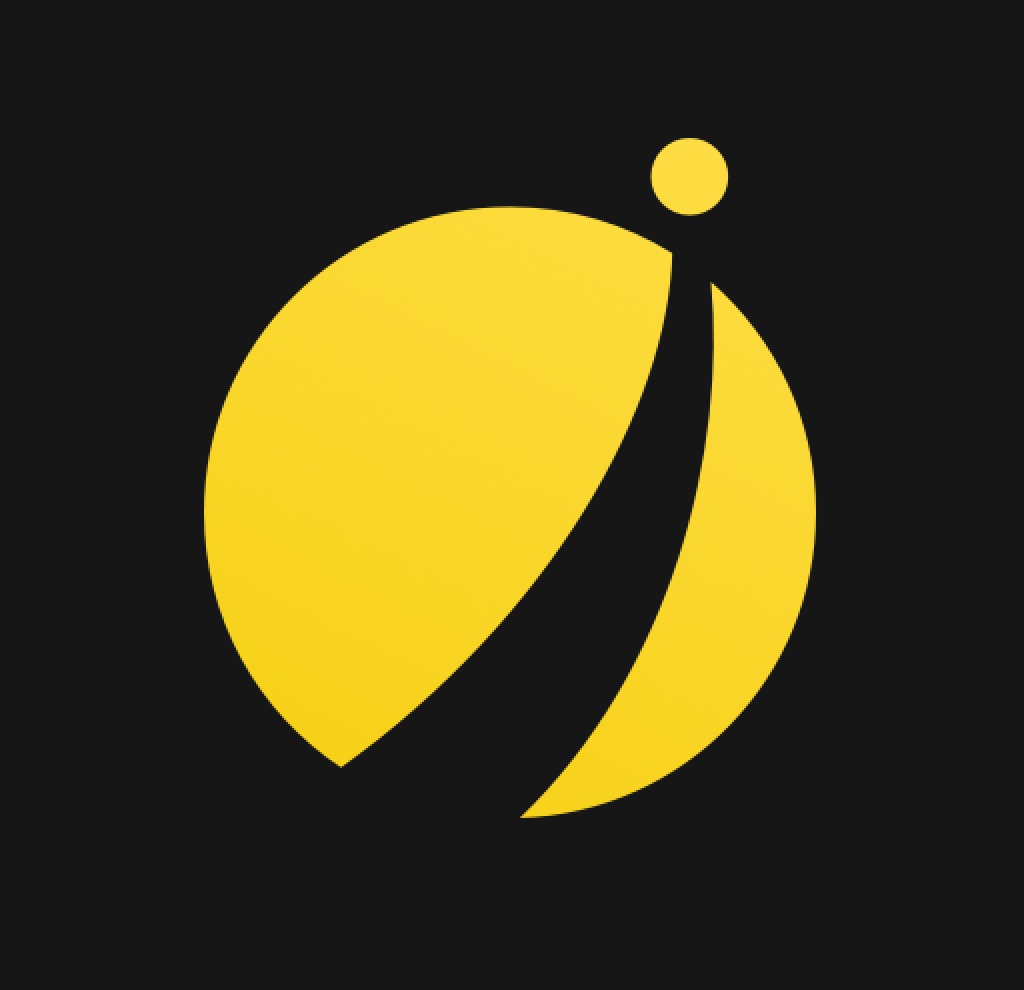544 reads
What is the Difference Between MVP and POC?
by
February 16th, 2021

Launching Startups that get Success Stories
About Author
Launching Startups that get Success Stories

Launching Startups that get Success Stories
Launching Startups that get Success Stories